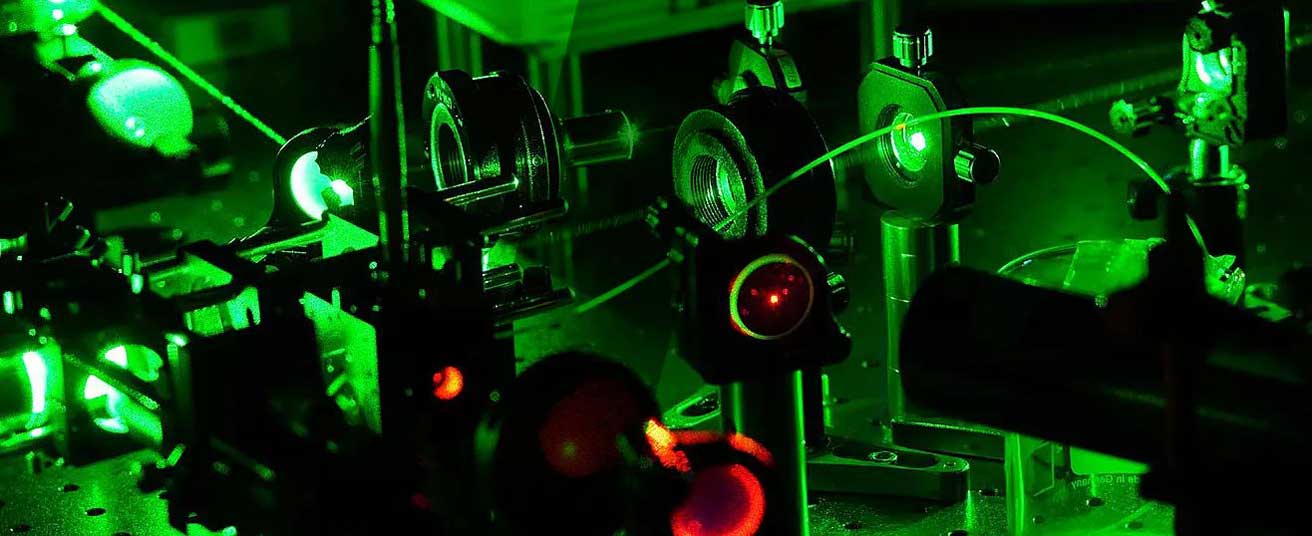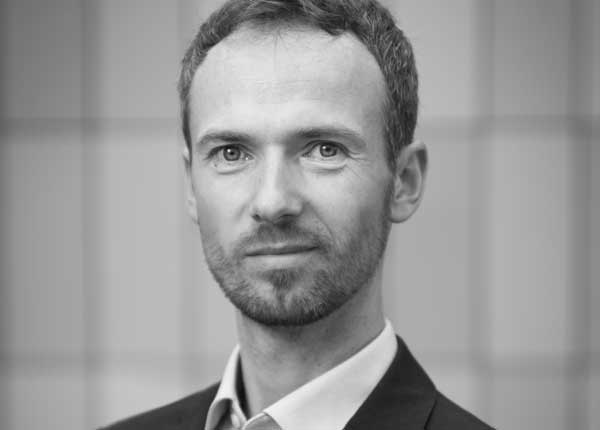Patented nanotechnology counts nanoparticles in real time
- Details
- Hits: 2703
Sectors such as pharmaceuticals, biotechnology and cosmetics are building up nanoparticles, so that they can use nanomaterials to give their products special properties. The Med Uni Graz spin-off and deep-tech company Brave Analytics, in cooperation with the University of Graz has now achieved a breakthrough in counting nanoparticles: you count the small particles in real time and make them patentede technology fit for the way into the industry.

In a paper recently published in Physical Review Applied, scientists from Med Uni Graz and the University of Graz propose a measurement method that can be used to quickly and reliably determine the critical sizes of nanoparticles. "In the process, the nanoparticles to be examined are pumped through a channel, while a weakly focused laser beam moves in the direction of flow, which fulfills two tasks. Firstly, the nanoparticles can be observed through the scattered light, secondly, the light exerts forces on the nanoparticles,” explains Ulrich Hohenester from the University of Graz.
Floating nanoparticles
 In the current work, the nanoparticles are captured by the light forces from the light field. That's what happens when they “swim” through the measuring cell, while accelerating in the direction of flow. If properties such as the acceleration of the individual nanoparticles are measured and analyzed, detailed information about the size distribution, geometry and concentration of the nanoparticles is obtained.
In the current work, the nanoparticles are captured by the light forces from the light field. That's what happens when they “swim” through the measuring cell, while accelerating in the direction of flow. If properties such as the acceleration of the individual nanoparticles are measured and analyzed, detailed information about the size distribution, geometry and concentration of the nanoparticles is obtained.
The idea for this process of nanotechnology comes from Christian Hill from the Medical University of Graz. Together with his company Brave Analytics, he is currently developing a commercial measuring device based on this nanotechnology. The theoretical description and the evaluation of the experiments were carried out by Marko Šimić and Ulrich Hohenester from the Institute of Physics at the University of Graz. "This interdisciplinary cooperation of medical research, theoretical and technological development together with medical and biomedical application also fits in well with the goals of Biotech Med-Graz," says the researcher and entrepreneur Christian Hill.
With this innovative technology for nanomaterials in hand, a project was started, which was funded by the Austrian Researchsförderungs GmbH (FFG) is funded. As part of this project, the sample preparation of nano-technological or pharmaceutical liquids such as nano-particles for bone formation, emulsions, vaccines or similar products is being researched. The project started on April 1, 2022 and will probably until June 20, 2023 to run. This work was also funded and supported by the European Commission through the Nano PAT project (grant agreement number 862583). The Med Uni Graz is also involved in this project.
The project aims to connect the patented OF2i nanoparticle technology in industrial process plants to improve automated Quality control be explored. In addition, bottlenecks are to be reduced and bottlenecks eliminated. Currently the project is on the areas Pharmaceuticals, Biotech and material technology focused.
Nanoparticle counting in industrial applications
The official market launch of the B2 device series for laboratory applications at the beginning of next year is a highlight for the spin-off compact laboratory device provided and is used to measure z. B. time-resolved nanoparticle formation processes or the determination of lowest concentrations. "These play an important role in Nano Plastics' water analysis, for example," explains Christian Hill.
The pre-presentation and product demos have already taken place at the Analytics 2022 generated a lot of interest. Close cooperations are already in progress with various institutes of the Medical University of Graz, the Montanuniversität Leoben and other interested bodies.
"Production, assembly and final inspection of the high-tech devices are carried out entirely in the heart of Graz," says the co-founder and CFO/COO Gerhard Prosliner, "and we are currently busy with the production of devices." Pre-orders are possible. These are served on a "first come, first serve" basis.
